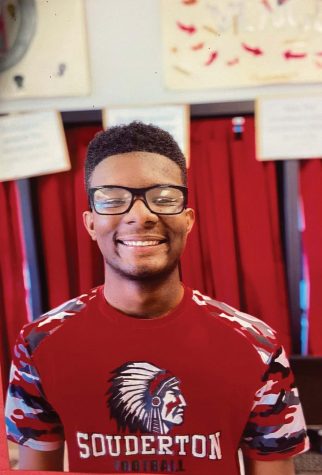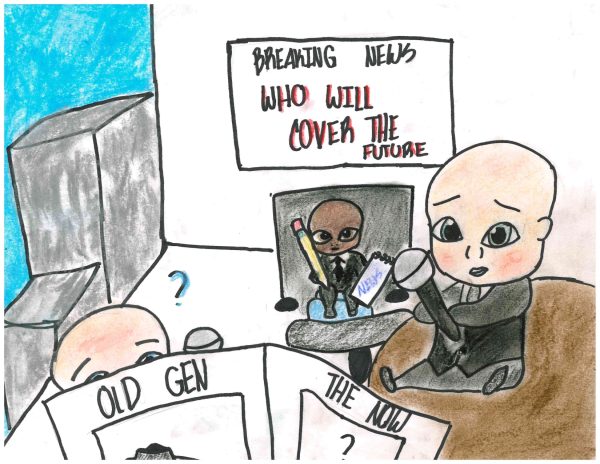AAVE deserves widespread acceptance, appreciation
One of the longest lasting after effects of the transatlantic slave trade is the development of unique dialects amongst the descendants of enslaved Africans, known broadly as “Ebonics.”
Within Ebonics there are various dialects across the Americas and Caribbean including Haitian Creole, Jamaican Patois and Gullah.
But, by far, the most commonly spoken is African-American Vernacular English (AAVE), which developed in the American South on slave plantations.
Some defining characteristics of AAVE are the pronunciation of the th- sound as a d- sound (so words like “that ” and “this” may be pronounced ”dat” and “dis”), the dropping of words like “are” and “is” (“Where are you at?” becomes “Where you at?” for example), the dropping of the -s and -g sounds at the end of present and future verbs (“He likes going on trips” becomes “He like goin’ on trips”) amongst many other traits.
Throughout history, AAVE has suffered from linguistic discrimination and criticized as a broken, unproficient form of standard English which doesn’t value proper English conventions.
While it is understandable why some may think this, this is not true.
AAVE is not broken standard English.
It simply is not standard English and that’s okay.
Language is always evolving.
The very usage of words in the English language has changed quite drastically over its existence.
AAVE is a dialect descended from standard English, but this does not imply an inability to use standard English.
It is common for AAVE speakers to practice “code switching,” where they switch between using standard English in more professional or white majority settings and non-standard language in more relaxed or black majority settings.
Code switching carries over to written language as many AAVE speakers will use standard English when writing essays or constructing emails, but will text casually in AAVE.
According to Penn State University psychology and linguistics professor Janet van Hell, code switching is used so commonly within marginalized communities that it becomes automatic and some code switchers “actually have to put [in] an effort not to code-switch.”
Code switching can also be done in reverse, with some more standard English speakers consciously, or subconsciously, switching to a less natural dialect that is more traditionally associated with their culture.
This is how stereotypes like “talking black” and “talking white” have evolved, which has isolated many from speaking in their most natural dialect, even amongst those who look like them.
Despite all of this, code switching isn’t necessarily a bad thing and has a legitimate purpose.
Within professional settings it’s important for people to speak in a way where they can be best understood and in most places in America and beyond, that is standard English.
However when it comes to relaxed and casual conversation, speaking AAVE is appropriate and comfortable for many people and deserves to be accepted.
It is likely one of the earliest examples of uniquely American culture.
AAVE shouldn’t be treated as a broken form of standard English.
Quite the contrary, it should be respected as a unique dialect all to its own that has its place in society just like a foreign language.






